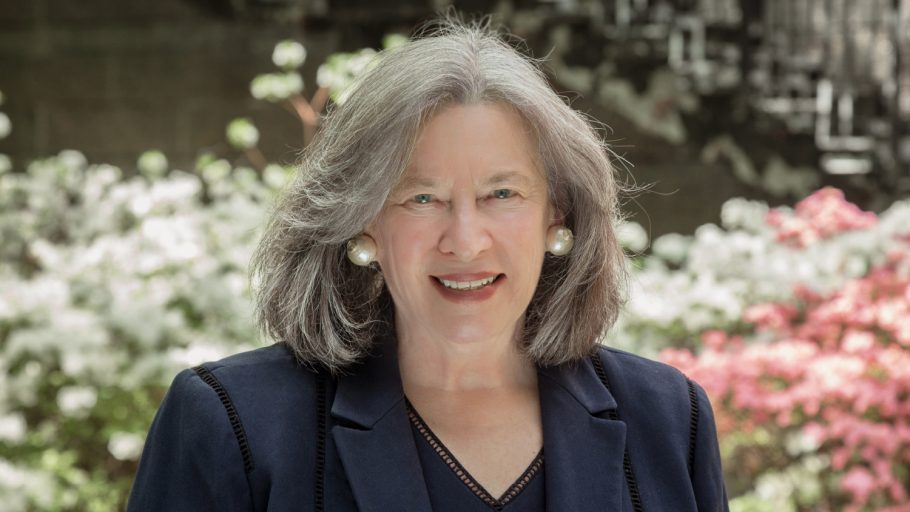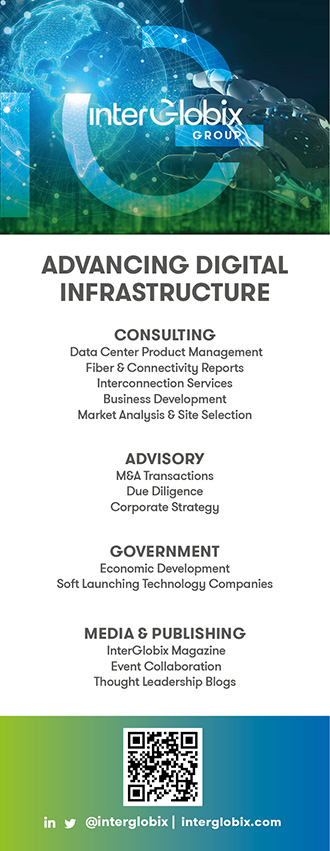Barbara D. Boyan, Ph.D., the Alice T. and William H. Goodwin, Jr. Dean of the VCU College of Engineering, is a nationally acclaimed researcher and entrepreneur. An industry leader and proponent of improving quality of life around the world, Boyan is the co-founder of four companies: SpherIngenics, Inc. (cell-based therapies), Orthonics, Inc. (medical devices), OsteoBiologics, Inc. (tissue engineered medical products), and Biomedical Development Corporation (innovative medical technologies).
Boyan is also a strong proponent of the Commonwealth Center for Cloud Computing (C4), an initiative that will benefit all universities in the Commonwealth of Virginia. As a founding member of the Internet Ecosystem Innovation Committee (IEIC), Boyan supports programs that increase the diversification and resiliency of the Internet.
Also serving on the boards of directors for six other companies, Boyan’s influence has helped shape many scientific advancements. She was previously associate dean for research and innovation at the Georgia Institute of Technology’s College of Engineering. Boyan received her B.A., M.A., and Ph.D. while studying biology at Rice University and holds many scholarly and national awards.
With our ever-increasing dependency on digital infrastructure, what in your opinion has been the biggest challenge or opportunity for students when dealing with the pandemic?
The biggest challenge has been the isolation that they experienced at a time in their lives when their peer group is incredibly important. At the same time, they were forced to become adept at digital learning, a skill that will be useful throughout their adult lives. It is not unimportant that they had to learn to express their ideas in written form, which has forced them to develop much clearer communication styles.
C4 came about through a fortunate opportunity to repurpose a bond that the legislature had put in place to build a building. COVID-19 taught us that we didn’t need more buildings in the traditional sense, but we did need much greater computer power to meet the growing reliance on big data. Together with my colleague, the then dean of engineering at the University of Virginia, we saw this potential for C4 and developed a plan to make it a reality for all of the state universities. Throughout the past six months, we have worked with these universities to develop a plan for providing cloud access outside of the firewalls that separate one university from another and one company from another. It will enable students to participate in projects in collaboration with industry.
What role does academia play in responding to the need of the private sector, and where do public-private partnerships fit in?
It is the responsibility of academia to train students to think critically, to have a sense of their place in history, as well as to have a set of skills that are of value to industry. The best way to achieve the latter is to work hand-in-hand with industry through public-private partnerships (PPPs). VCU Engineering was founded as a public-private partnership 25 years ago. The intent was to provide central Virginia with a technologically based work force. To do this, we have brought industry directly into our educational structure. Students learn best when they are able to see how the information they are exposed to in the classroom can be applied to real world problems. Cooperative education programs and internships are valuable ways to achieve this learning environment. Here at VCU, we also encourage students to take their own intellectual property and envision ways to make it real through commercialization. Our students are our product, yet, industry is our client. Together with our faculty and staff, they also are our partners in ensuring that our students graduate ready to contribute to society in a meaningful way.
As a founding member of the Internet Ecosystem Innovation Committee (IEIC), can you share the role that VCU plays as an academic institution on the global committee?
Many of the IEIC founding members are from large, multinational corporations involved in the digital economy. They need our students to meet their workforce objectives. I am pleased that IEIC recognizes the value of the dialogue that must take place between industry and academy to realize the goals of this growing industry. As publicly traded corporations and private companies, IEIC members must respond to the economy in a time scale quite different from the time scale that characterizes academia. There are some universities that operate on a quarterly basis, but most of us operate on a semester basis (three per year), and during the semester there are well established expectations in how the time is allocated. Research, internships, tests, you name it-all are are occurring at a very different rate than in the business world. My role on the IEIC as the representative of VCU also is to serve as the representative of academia. I am there to translate to industry what is possible in my world and to help academics understand the time constraints of industry.
Can you share your views on the importance of Diversity, Equity, and Inclusion (DE&I) in the industry?
Diversity, equity, and inclusion (DE&I) are important to all Americans. We all want a better world than has been the rule. The sea change that has characterized our response to COVID-19 is really the culmination of a number of shifts that have been taking place, such as the upward movement of women in the workforce, the ‘Me Too’ movement, and, most recently, the ‘Black Lives Matter’ movement. COVID-19 pushed us into the digital age, but without these earlier transitions, I don’t think that we would have been so nimble in making the many adjustments to society that have been required. DE&I is a way of articulating the idea that we recognize what went before was unacceptable, but just saying we want it isn’t enough. I am the co-PI of an NSF-sponsored ADVANCE grant to enable the academic careers of diverse women faculty. Our team here at VCU has developed the concept of immunity to change. If we all want something, then why don’t we have it? What is keeping us from realizing the DE&I goal? By facing the existing barriers, we will have a much more effective plan for making long-lasting changes that will actually result in DE&I. I have waited my whole life to see this moment in history. I believe deep down that even if DE&I isn’t a reality in 2022, we will get there. I have no doubt.
Can you highlight some key initiatives and programs that VCU is instituting to help bridge the talent gap in the technology sector?
VCU Engineering is addressing this gap directly in a number of ways. As a member of the Greater Washington Partnership, we were the first member university to establish a suite of four courses that we call ‘Fundamentals of Computing.’ It is designed for non-computer science majors to gain digital literacy. In conversations with industry partners we have learned that they need digital generalists with soft skills. Fundamentals, which is completely online, is an important tool for helping students from all majors to be ready for the workforce of today. We are partnering with industry directly on campus to engage our students in joint projects, and we are working with our industry partners to develop middle school and high school students across the region, giving them meaningful exposure to STEM education. We also are instituting a BA in Computer Science. The BA degree will enable students with a liberal arts bent to achieve computer science skills and still give them time to focus on their interests in basic science, literature, art, history-you name it. As a scientist who earned a BA in order to minor in art history, I have a personal perspective on the value of this approach to an education. We are very excited about offering this possibility to our students. Our final strategy is to offer certificates and badges to those lifelong learners, giving them the opportunity to up-skill and engage in the digital economy along with the newly emerging college graduates.
As a successful woman leader, what message do you have for aspiring young women?
Don’t take “no” for an answer. I don’t think anyone can have it all, but you can definitely have a lot, like marriage, children, and a career, or whatever is right for you. Life has a way of working out. Keep your eye on the prize. It might not happen exactly as you envisioned, but it will happen. The most important thing is to remember you are not alone. Form teams with your peers, your mentors, your employees, and your partners to share the successes and the failures. Remember to put the least negative interpretation on everything you hear. The best asset you can have is a sense of humor about yourself.


